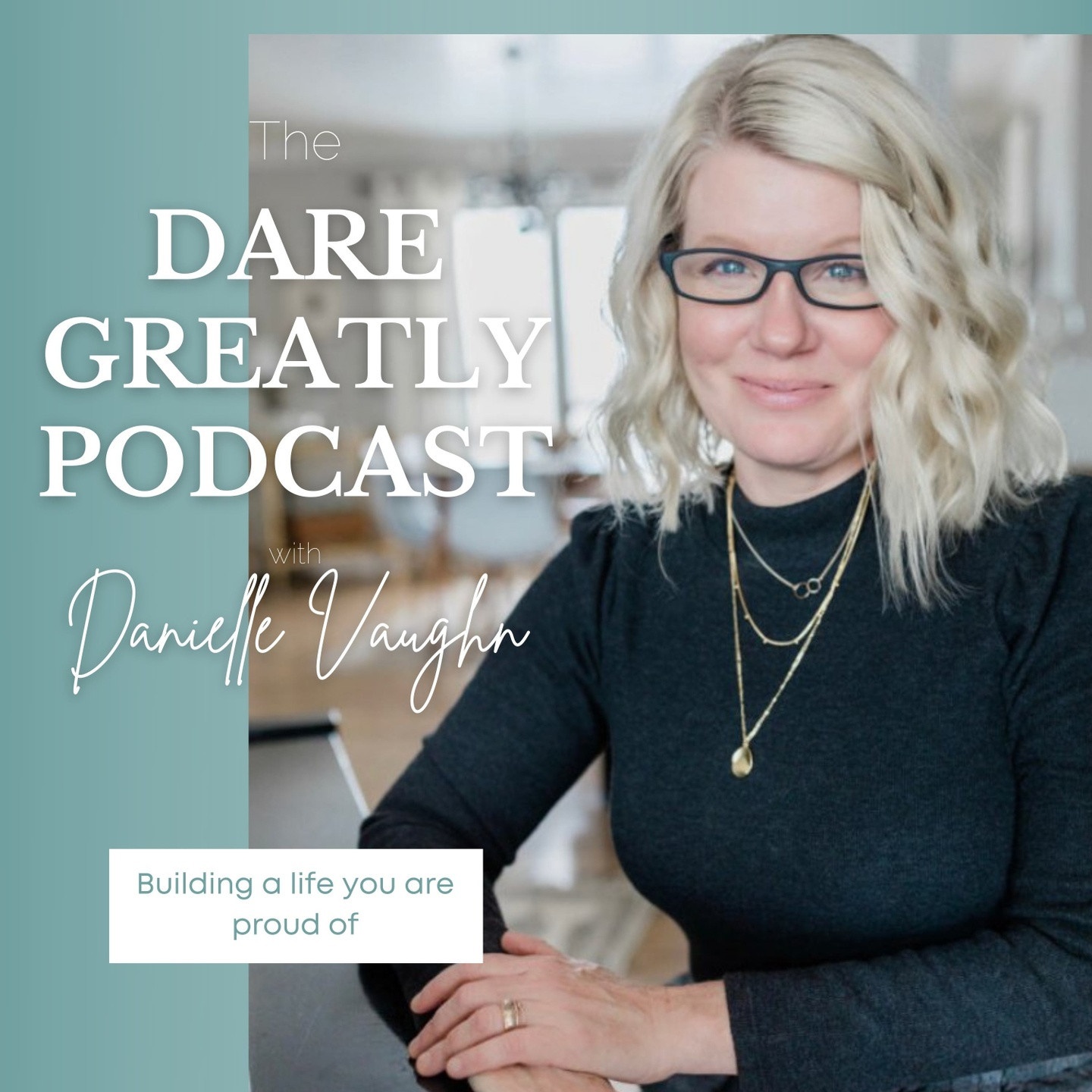Parenting Fundamentals - Part 1: Effective Discipline

When I was a young mom, I was confused about discipline. I second-guessed myself a lot and was worried I was messing up my children for life if they were mad at me.
I took upon myself to learn what healthy marriages and motherhood looked like when I signed up for my Marriage and Family Studies degree as a young mother. 
And maybe you're a little bit like me, you might feel guilty for not enjoying motherhood more sometimes.
It was so important to me to be a good mom!
But how? Where was the 'Good Mom Manual' that all the other moms were using?
This 3 Part blog series helps answer those questions. If I had to boil down what I learned about parenting in only three take-aways, and give you the most condensed but impactful lessons I've learned from my studies, that's what this blog series attempts to do.
I hope it helps you believe in yourself a little more, trust yourself a little more, and most of all, enjoy motherhood a lot more.
Effective Discipline
I know there is so much advice on this, but I want to teach what I've used since my children were young because it's been most effective.
I learned it from psychologist Lawrence Steinberg, from his book, 10 Basic Principles of Good Parenting. I'm drawing from Chapter 8 in his book. (If you want to learn more, I highly recommend purchasing his book and having it as a reference in your parenting tool kit. click here to purchase.) Steinberg says most parents do a pretty good job of raising kids, but truly effective parenting means not just relying on natural instincts but also on knowing what works and why.
I agree.
Especially in regards to effective discipline.
The more effectively you use good discipline and consequences, the less you'll have to do it.
There are 5 Steps to how it works:
- Identification: you identify or name what the child did wrong, the specific act.
- Impact: give a statement describing how the misbehavior effects the family, themselves, other people, why it matters.
- Alternative: give a suggestion of one or two alternative behaviors in contrast to the undesirable behaviors.
- Consequence: give a clear statement of what the consequence or the punishment is going to be.
- Expectation: give a statement of your expectation that your child will do better the next time.
Let's dive into a few examples of how this sounds with real-world scenarios:
Here's the scenario -
- your four-year-old has been told she shouldn't whine when she can't have her way. Now she's whining because you won't let her have a cookie right before dinner.
You say:
- "We don't whine when we want something (Identification). It is hard to listen to and puts people in a bad mood (impact). If you are hungry and it is almost dinner, you can have a glass of milk or a carrot and some peanut butter (alternative). I'm going to put you in a time-out until you've settled down and can use your voice in a respectful tone (consequence). Next time I say you need to wait, I see you learning how to use your respectful voice and not using a whining voice (expectation).
🌟 a quick word about time-outs: I personally loved them and used them often with my kids, but they were in the middle of the room wherever I was. My kids didn't go to their bedrooms. I learned to adopt a calm-assertive tone in my voice and body language so my kids knew I meant business if they upped the intensity of their tantrum. I would say, "its up to you how long or how short the time-out is."
Another scenario:
- your fifteen year old has told you he spends his Wednesday evenings attending his youth activities at the church, but the leader contacts you and says he's missed him at the activities. You find out he's spending time with a girl. You are furious he's been lying to you.
Say something like this:
- "You told me you were attending your youth activities. You lied about it. You know that it is important to tell the truth and be honest with your word so people can trust you and you have integrity (Identification). If I don't know I can trust you in what you say is true, it makes it very hard for me to give you more freedom and the respect you want (Impact). If you want to spend time with your girlfriend other than the time we've agreed upon, I don't want you to sneak and lie behind my back - I want you to talk to me and ask how it would be possible to spend time with her and we'll find a solution together (alternative). I've decided to ground you for a week from being with your girlfriend outside of school, starting today. That means coming straight home after school every day and staying home every evening and over the entire weekend (consequence). You've rarely lied to me before. From now on, I expect you to tell me the truth (expectation).
I have loved using this framework in my parenting because it helps me parent from the emotion of trust versus fear. When kids misbehave, we still want to hold onto the idea they are fundamentally good in nature, and that they will eventually learn. 
It is good to take a step back and ask ourselves, "in what way am I contributing to this? Do I need to teach some more?"
When we can do this as parents, we are taking personal responsibility to teach and teach some more which will improve the likelihood of positive outcomes.
I hope you incorporate these effective discipline steps into your parenting strategy.
They work!
💛 Danielle
Resources
Steinberg, Lawarence Ph.D (2005). The ten basic principles of good parenting. Simon & Schuster.





